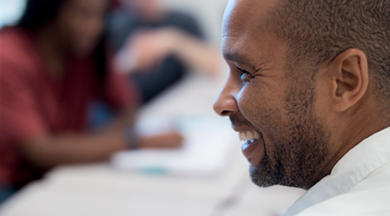Community-Based Learning
Benefits to Students
- Thinking Skills: creative thinking, problem solving, decision making, critical thinking, knowing how to learn.
- Life Skills: communication, leadership, conflict resolution, self-esteem, sense of efficacy, appreciation for diversity.
- Citizenship Skills: commitment to service, sense of personal and social responsibility, civic engagement, advocacy, social justice.
- Career Skills: teamwork, active exploration of career interests, increased confidence in career choice, realistic understanding of the world of work, hiring advantages.
--DOL SCANS Report (1990), RAND Survey (1996), UCLA HERI Survey (2000), AACC Surveys (2007, 2010, 2012)
Benefits to Faculty
- Addresses core competencies and course outcomes.
- Enriches and enlivens teaching.
- Builds stronger relationships with students and creates a new understanding of learning.
- Encourages greater awareness of current societal issues as related to discipline and academic interests.
- Identifies new areas for research, increasing professional recognition and reward opportunities.
--Garcia and Robinson (2005), AACC Survey (2010)
Benefits to Community
- Gain substantial human resources to meet needs.
- Become educational partners with the college or university.
- Students commit to a lifetime of service - some as nonprofit employees.
- Renew a sense of community and encourage participatory democracy.
- Build reciprocal relationships.
--Sandy (2007), Prentice, Robinson, and Patton (2012)




